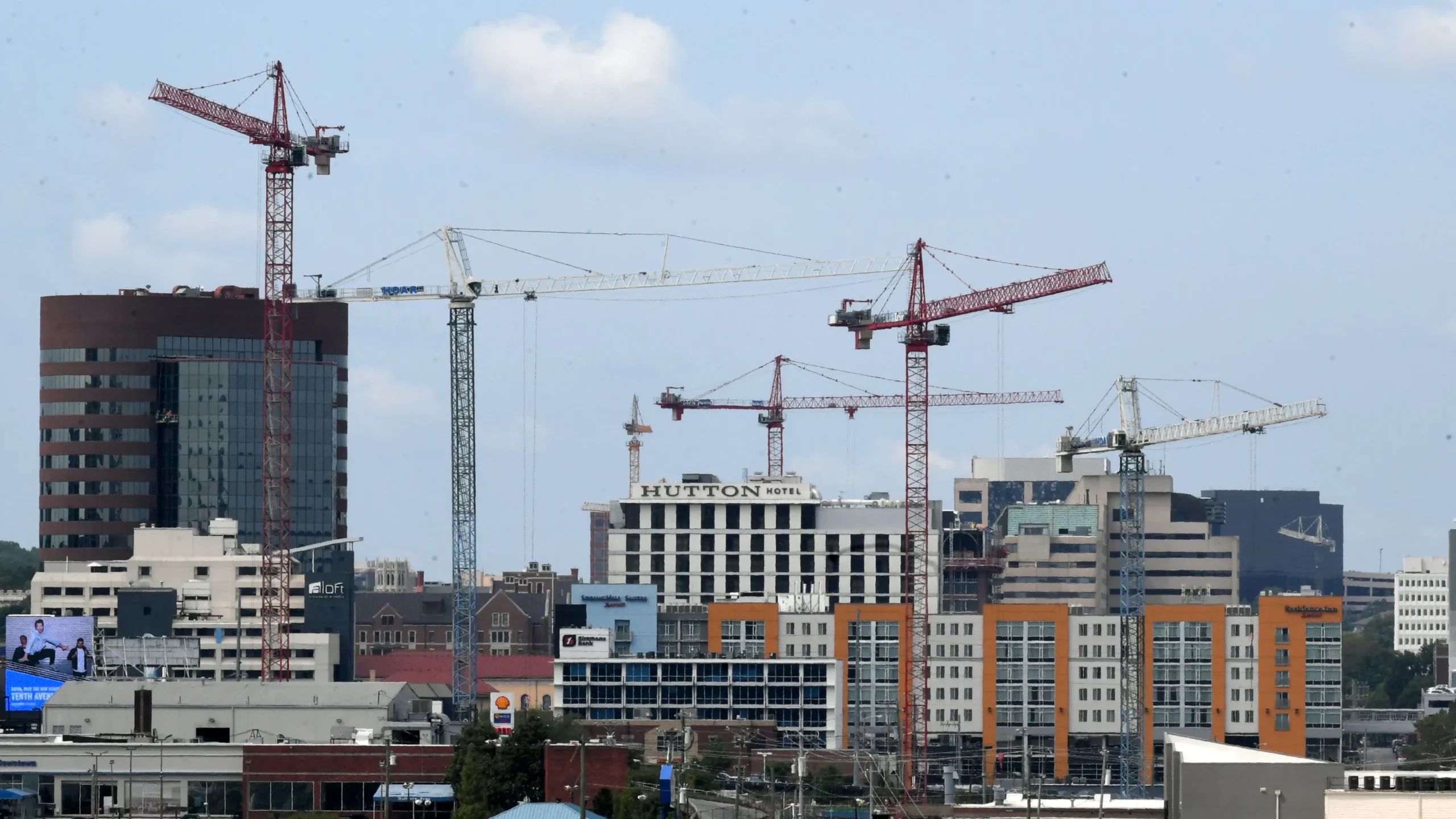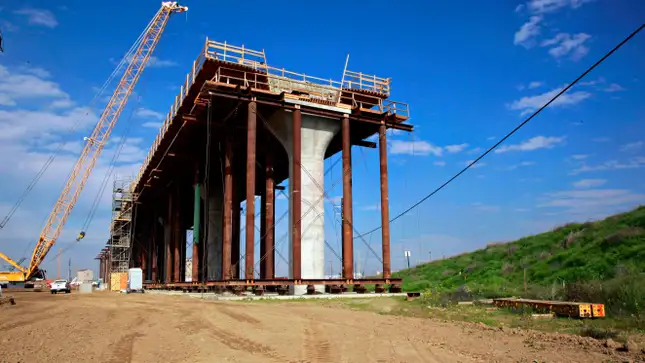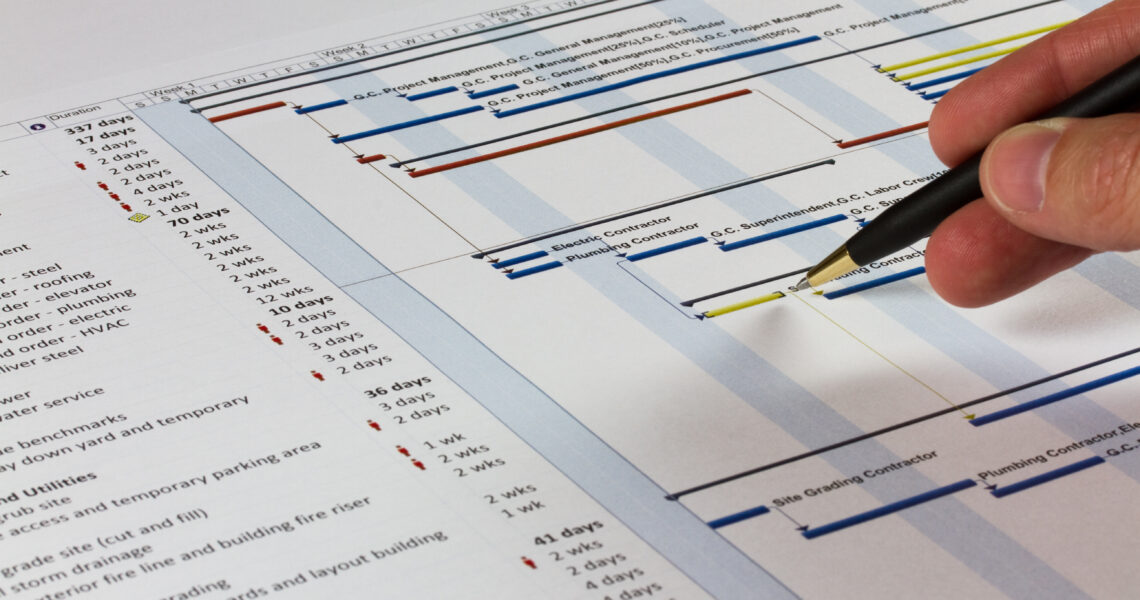The construction industry is the backbone of our built environment, shaping the landscapes we inhabit and the infrastructure we rely on daily. However, despite its significance, the industry often struggles with diversity and inclusion, with underrepresented communities such as women, minorities, and veterans facing barriers to entry and advancement.
Connecting these communities with the building trades is not just about leveling the playing field; it’s about harnessing untapped talent and fostering a more inclusive and resilient industry. In this blog post, we’ll explore actionable strategies for bridging the gap and creating pathways for underrepresented individuals to thrive in the construction trades.
1. Empower through Education and Training: One of the most effective ways to connect underrepresented communities with the building trades is through education and training programs. By providing accessible and comprehensive training initiatives, individuals from diverse backgrounds can gain the skills and knowledge needed to enter the construction industry confidently. Partnering with vocational schools, community colleges, and apprenticeship programs can help tailor training curricula to the needs and interests of underrepresented groups, ensuring that they are equipped for success in the trades.
2. Foster Mentorship and Support Networks: Mentorship plays a crucial role in guiding individuals through their career journeys and providing support along the way. Establishing mentorship programs within the construction industry can pair newcomers from underrepresented communities with experienced professionals who can offer guidance, advice, and encouragement. These mentorship relationships not only provide practical insights into the industry but also create a sense of belonging and community, helping individuals navigate potential challenges and obstacles they may encounter.
3. Increase Visibility and Representation: Representation matters. By increasing the visibility of underrepresented individuals within the construction industry, we can inspire future generations and challenge stereotypes about who can succeed in the trades. Highlighting success stories, featuring diverse voices in promotional materials, and showcasing the contributions of underrepresented workers can help create a more inclusive narrative around careers in construction. Additionally, promoting diversity in leadership positions and decision-making roles can signal a commitment to equity and inspire confidence among underrepresented communities.
4. Expand Outreach and Recruitment Efforts: Traditional recruitment methods may overlook or underserve underrepresented communities. To bridge this gap, it’s essential to expand outreach efforts and actively recruit from diverse talent pools. This could involve participating in job fairs targeting minority communities, partnering with local organizations that serve underrepresented populations, or leveraging social media and online platforms to reach a broader audience. By proactively engaging with underrepresented communities, construction firms can attract diverse talent and foster a more inclusive workforce.
5. Cultivate Inclusive Workplace Cultures: Creating inclusive workplace cultures is essential for retaining and advancing underrepresented individuals within the construction industry. This entails fostering environments where diversity is celebrated, and all employees feel valued, respected, and supported. Implementing diversity training programs, establishing diversity and inclusion committees, and addressing unconscious biases in hiring and promotion practices can help cultivate inclusive workplace cultures where everyone has the opportunity to thrive.
Conclusion: Connecting underrepresented communities with the building trades is not just a matter of diversity and inclusion; it’s an investment in the future of the construction industry and our communities as a whole. By empowering individuals through education and training, fostering mentorship and support networks, increasing visibility and representation, expanding outreach and recruitment efforts, and cultivating inclusive workplace cultures, we can build bridges that create pathways for underrepresented individuals to succeed in the construction trades. Together, let’s work towards a more diverse, equitable, and vibrant construction industry.
Join the Conversation: How do you believe we can better connect underrepresented communities with the building trades? Share your thoughts and ideas in the comments below!





